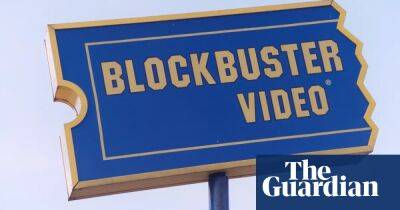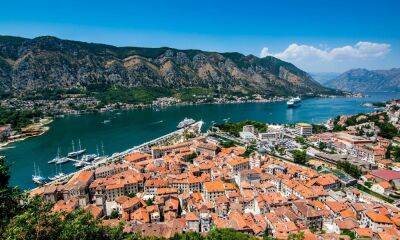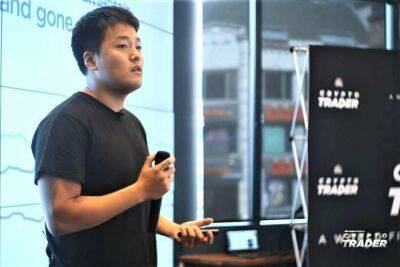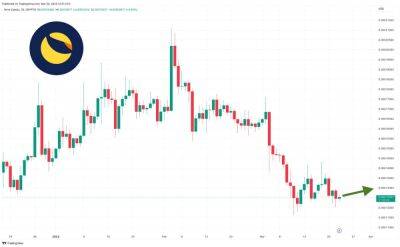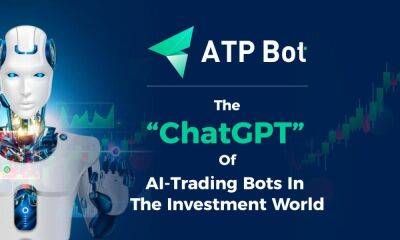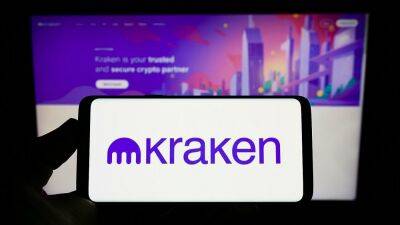‘ChatGPT said I did not exist’: how artists and writers are fighting back against AI
N o need for more scare stories about the looming automation of the future. Artists, designers, photographers, authors, actors and musicians see little humour left in jokes about AI programs that will one day do their job for less money. That dark dawn is here, they say.
Vast amounts of imaginative output, work made by people in the kind of jobs once assumed to be protected from the threat of technology, have already been captured from the web, to be adapted, merged and anonymised by algorithms for commercial use. But just as GPT-4, the enhanced version of the AI generative text engine, was proudly unveiled last week, artists, writers and regulators have started to fight back in earnest.
“Picture libraries are being scraped for content and huge datasets being amassed right now,” says Isabelle Doran, head of the Association of Photographers. “So if we want to ensure the appreciation of human creativity, we need new ways of tracing content and the protection of smarter laws.”
Collective campaigns, lawsuits, international rules and IT hacks are all being deployed at speed on behalf of the creative industries in an effort, if not to win the battle, at least to “rage, rage against the dying of the light”, in the words of Welsh poet Dylan Thomas.
Poetry may still be a hard nut for AI to crack convincingly, but among the first to face a genuine threat to their livelihoods are photographers and designers. Generative software can produce images at the touch of the button, while sites like the popular NightCafe make “original”, data-derived artwork in response to a few simple verbal prompts. The first line of defence is a growing movement of visual artists and image agencies who are now “opting out” of allowing their work to be
Read more on theguardian.com

 theguardian.com
theguardian.com


